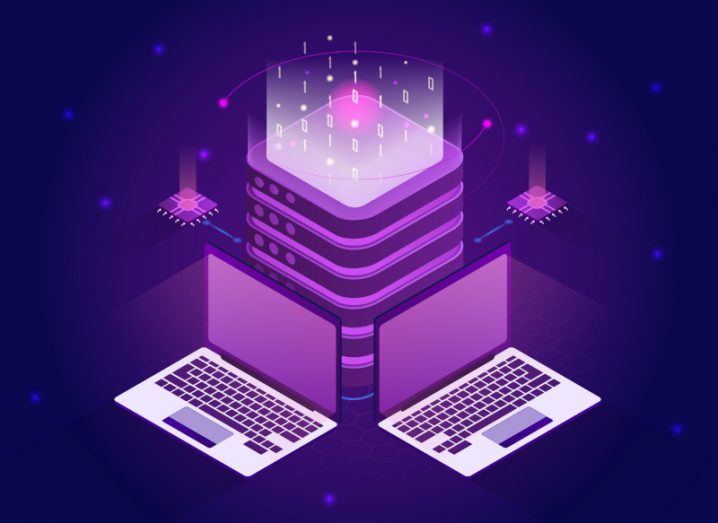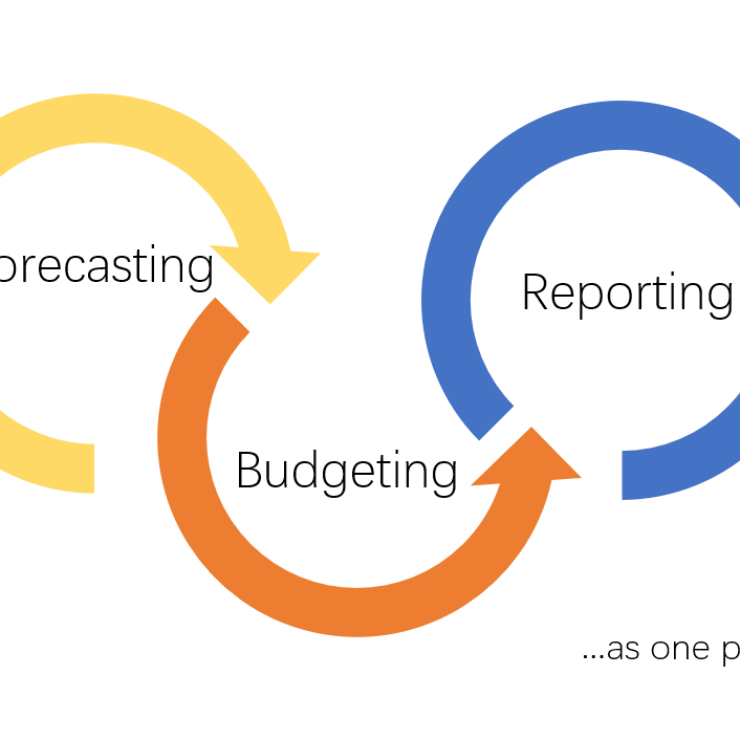Decoding Quantum Computing: Implications for Software Development.The universe of computing has always been on a relentless quest to unlock new frontiers of possibilities. From the advent of the first mechanical calculators to the era of artificial intelligence, each innovation has revolutionized the way we live and work. Quantum computing, the emerging field at the intersection of physics and computer science, holds the potential to be the next giant leap in computing. In this blog, we’ll embark on a journey to decode the enigmatic world of quantum computing and explore its profound implications for software development.
The Quantum Difference
Before we dive into the implications for software development, let’s understand the quantum difference. Classical computers use bits as the fundamental unit of information, which can be either 0 or 1. Quantum computers, however, employ qubits, which can represent both 0 and 1 simultaneously thanks to the principle of superposition. This unique property, along with entanglement and interference, allows quantum computers to perform certain tasks exponentially faster than classical computers.
Quantum Algorithms and Software Development
Quantum computing’s promise lies in its ability to crack problems that were previously considered unsolvable due to their sheer complexity. Shor’s algorithm, for instance, can factor large numbers exponentially faster than any classical algorithm. This threatens the encryption systems that protect our digital lives, and the implications for cybersecurity are staggering.
For software developers, this means reimagining cryptography and data security. New quantum-resistant algorithms must be developed to safeguard our information in a world where classical encryption methods can be swiftly cracked. It’s an exhilarating challenge that blends mathematics, computer science, and cybersecurity into one dynamic field.
Quantum Machine Learning
Machine learning is another arena where quantum computing’s power shines. Quantum machine learning (QML) promises to accelerate AI training processes dramatically. The complex optimization problems that typically require weeks or even months to solve with classical computers can be tackled in a matter of hours or minutes with quantum counterparts.
Developers in the AI sector should start envisioning the possibilities of QML, from more accurate predictive models to rapid adaptation to changing data dynamics. Quantum computing provides the potential to unlock profound breakthroughs in AI research.
Quantum-Specific Languages
Just as classical computing gave birth to languages like C, Java, and Python, quantum computing is forging its own language landscape. Quantum programming languages, such as Q# and Quipper, are gaining traction. These languages enable developers to write quantum algorithms and harness the power of quantum computers.
Software developers looking to the future should consider learning quantum-specific languages. Familiarity with these languages will be essential to bridge the gap between quantum theory and practical applications in software development.
Quantum Cloud Services
Quantum computing is an expensive and resource-intensive endeavor. Building and maintaining a quantum computer is beyond the reach of most organizations. As a result, cloud-based quantum services are emerging, allowing developers to access quantum computing power through the cloud.
The implications for software development are enormous. Just as cloud computing revolutionized software deployment, quantum cloud services will democratize quantum computing. Developers can harness the power of quantum computers without the burden of building and maintaining their own quantum infrastructure.
The Ethical and Philosophical Considerations
The arrival of quantum computing also raises important ethical and philosophical questions. As we develop powerful quantum algorithms, we must consider the impact on society, privacy, and even the nature of reality itself. Software developers will play a pivotal role in addressing these issues as we step into a quantum future.
Conclusion
In the ever-evolving world of software development, quantum computing represents a seismic shift. The implications for cryptography, machine learning, and the very way we write code are profound. As developers, it’s time to embrace this quantum leap and prepare ourselves for a future where qubits, entanglement, and superposition become fundamental to our work.
Quantum computing is more than just a technological breakthrough; it’s a testament to human curiosity and our relentless pursuit of knowledge. In the hands of software developers, it has the potential to unlock new realms of possibility, shaping the future of computing and the world as we know it.
Learn more : OpenScope




